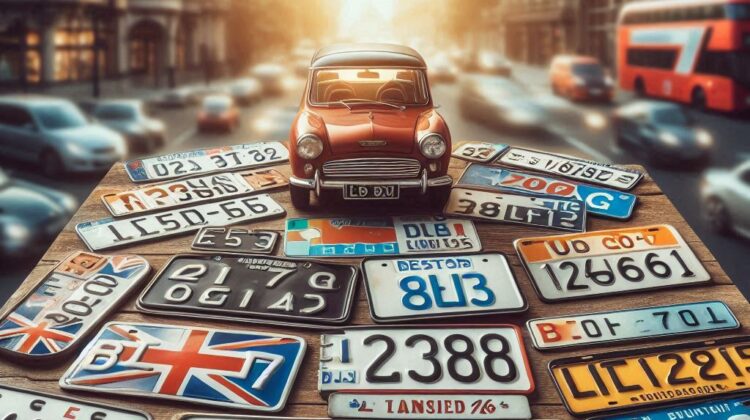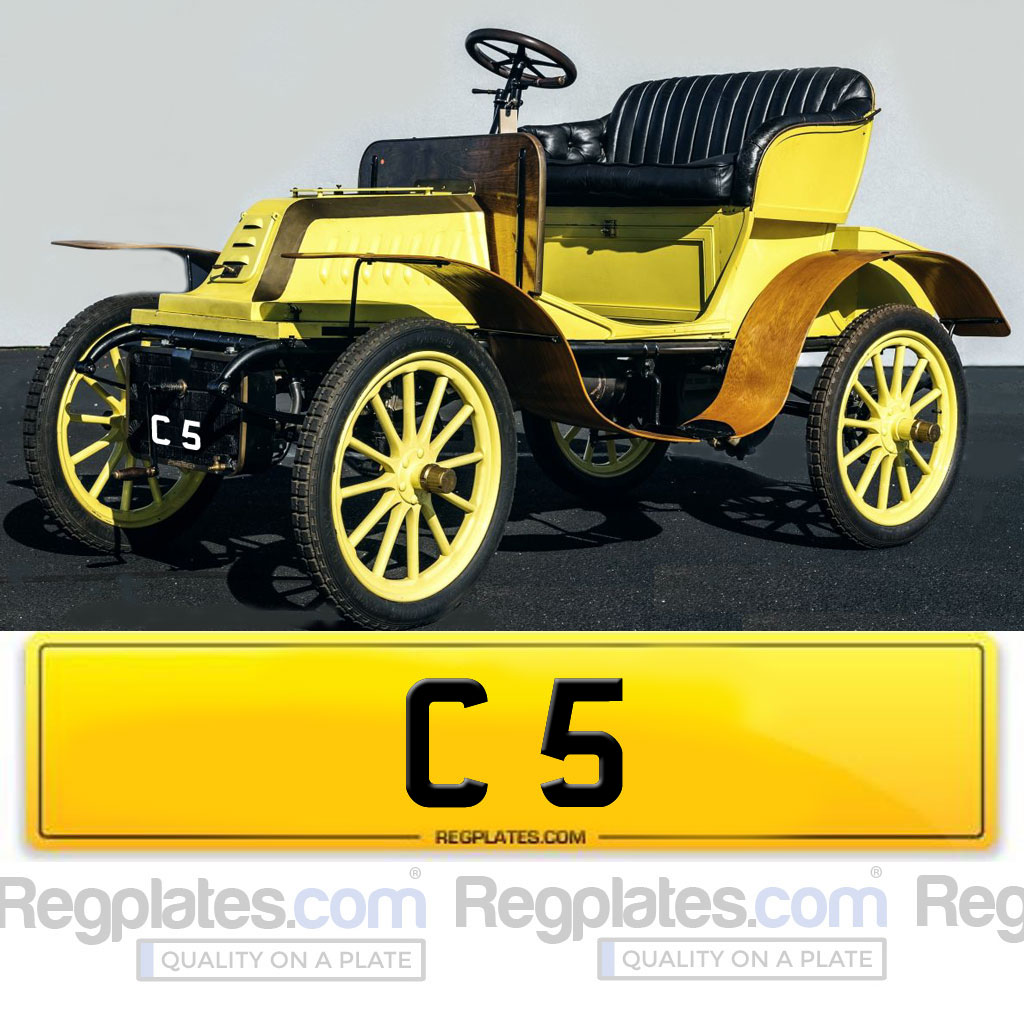
When it comes to choosing the best material for your number plate in the UK, there are several factors to consider, including durability, aesthetics, compliance with regulations, and cost-effectiveness. The material you select not only impacts the longevity of the plate but also its appearance and legal standing. In this article, we’ll explore the most popular materials used for number plates in the UK, their advantages and disadvantages, and why Regplates.com is a trusted source for personalised number plates.
Understanding Number Plate Materials
Number plates in the UK are typically made from materials such as acrylic, aluminium, polycarbonate, and gel. Each material offers unique benefits and challenges, making it essential to understand their properties before making a decision.
Acrylic
Acrylic is the most common material used for standard UK number plates. It is lightweight, durable, and resistant to temperature fluctuations, which is ideal for the UK’s variable weather conditions. Acrylic plates are also highly resistant to impact, offering up to 17 times the strength of ordinary glass. Additionally, acrylic is easy to shape and customize, making it a popular choice for personalised plates.
Advantages:
- Lightweight and durable
- Resistant to temperature changes and chemicals
- Easy to customize
- Complies with DVLA regulations
Disadvantages:
- May not offer the same premium look as other materials
Aluminium
Aluminium plates are known for their robustness and resistance to corrosion. They are often used for vintage or classic cars, as they provide a timeless and elegant appearance. Aluminium is also lightweight, making it suitable for vehicles where weight is a consideration.
Advantages:
- Highly durable and corrosion-resistant
- Lightweight
- Ideal for classic and vintage cars
Disadvantages:
- Limited customization options compared to acrylic
- Higher cost
Polycarbonate
Polycarbonate is a plastic material that offers excellent impact resistance and flexibility. It is less prone to cracking upon impact, making it a good choice for vehicles exposed to frequent wear and tear.
Advantages:
- Impact-resistant and flexible
- Durable under harsh conditions
- Lightweight
Disadvantages:
- May not have the same aesthetic appeal as acrylic or aluminium
Gel Plates
Gel plates, including 3D and 4D designs, have become increasingly popular for their unique and stylish appearance. These plates are made by layering gel-like materials to create raised characters, giving them a premium look. Gel plates are legal in the UK as long as they comply with DVLA regulations.
Advantages:
- Stylish and modern appearance
- Customisable designs
- Durable and resistant to fading
Disadvantages:
- Higher cost
- Requires careful maintenance to preserve the look
Legal Considerations
In the UK, number plates must comply with strict DVLA regulations to ensure road safety and visibility. These regulations include:
- Plates must be made from reflective material.
- Black characters on a white background for the front plate and a yellow background for the rear plate.
- No background patterns to avoid distortion.
- Markings indicating the number plate supplier.
- Compliance with British Standard number BS AU 145e for plates fitted after September 1, 2021.
Choosing a material that meets these requirements is crucial to avoid fines or legal issues.
Why Regplates.com?
Regplates.com is one of the longest-established dealers of personalized number plates in the UK, with over 30 years of experience. They specialise in providing high-quality plates that comply with DVLA regulations, ensuring a hassle-free experience for customers. Whether you’re looking for a standard acrylic plate or a stylish gel plate, Regplates.com offers a wide range of options to suit your needs.
Key Features of Regplates.com:
- DVLA Recognised Reseller
- Extensive selection of personalised plates
- Expert guidance on compliance and customisation
- Exceptional customer service
Regplates.com also provides valuable information on the impact of number plates on vehicle resale value, making them a trusted resource for car enthusiasts.
Conclusion
The best material for your number plate in the UK depends on your specific needs and preferences. Acrylic is a versatile and cost-effective option for standard plates, while aluminium and gel plates offer premium aesthetics for classic or modern vehicles. Polycarbonate provides durability for vehicles exposed to harsh conditions. Regardless of the material you choose, ensure it complies with DVLA regulations to avoid legal issues.
For personalised number plates and expert advice, Regplates.com is a reliable and professional source. Their commitment to quality and customer satisfaction makes them the go-to choice for number plate enthusiasts in the UK.

Jon Cherry is a Director of leading personalised number plate dealer Regplates.com. Jon has over 25 years industry experience handling some of the most expensive plates ever sold with many high profile and celebrity clients. Active since 1991 in the number plate industry, Jon is currently Chairman of the Cherished Numbers Guild, a trade body representing number plate dealers in the UK. Jon has written many articles on the industry and insight into the future of numberplates and the market as a whole.




